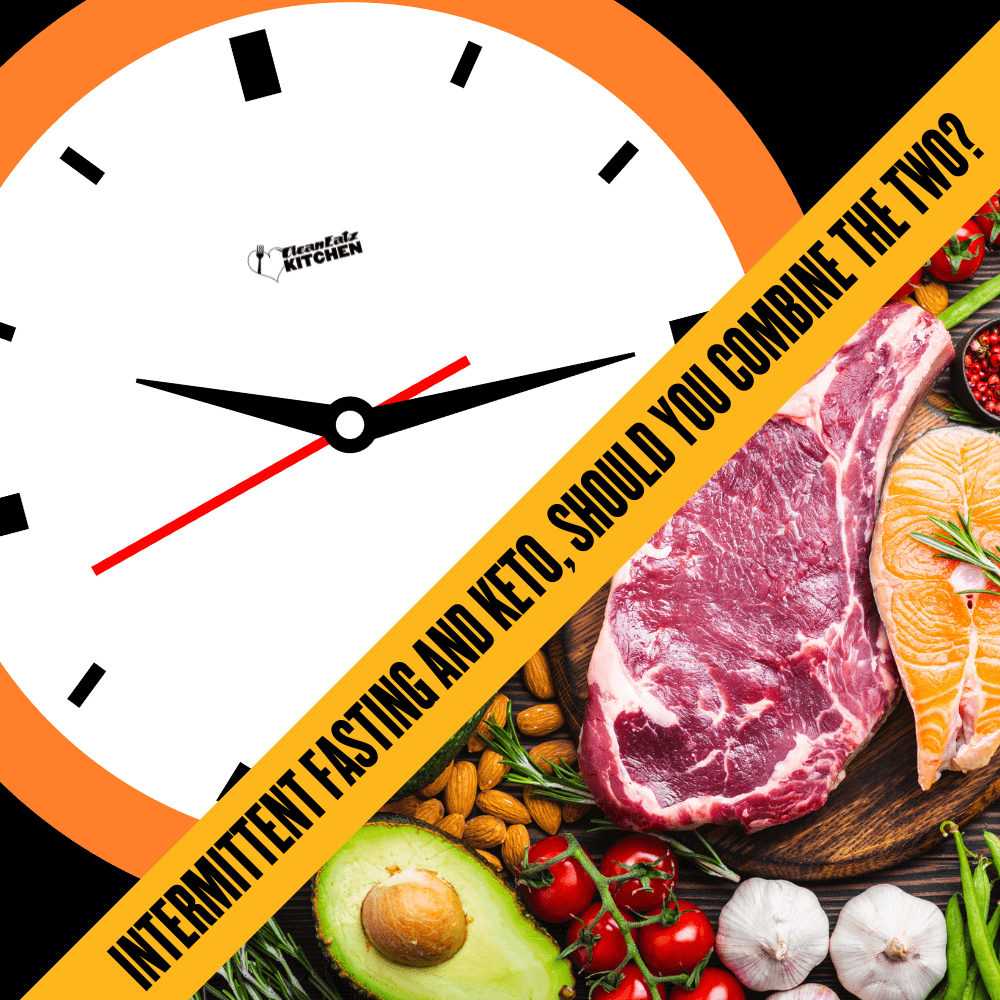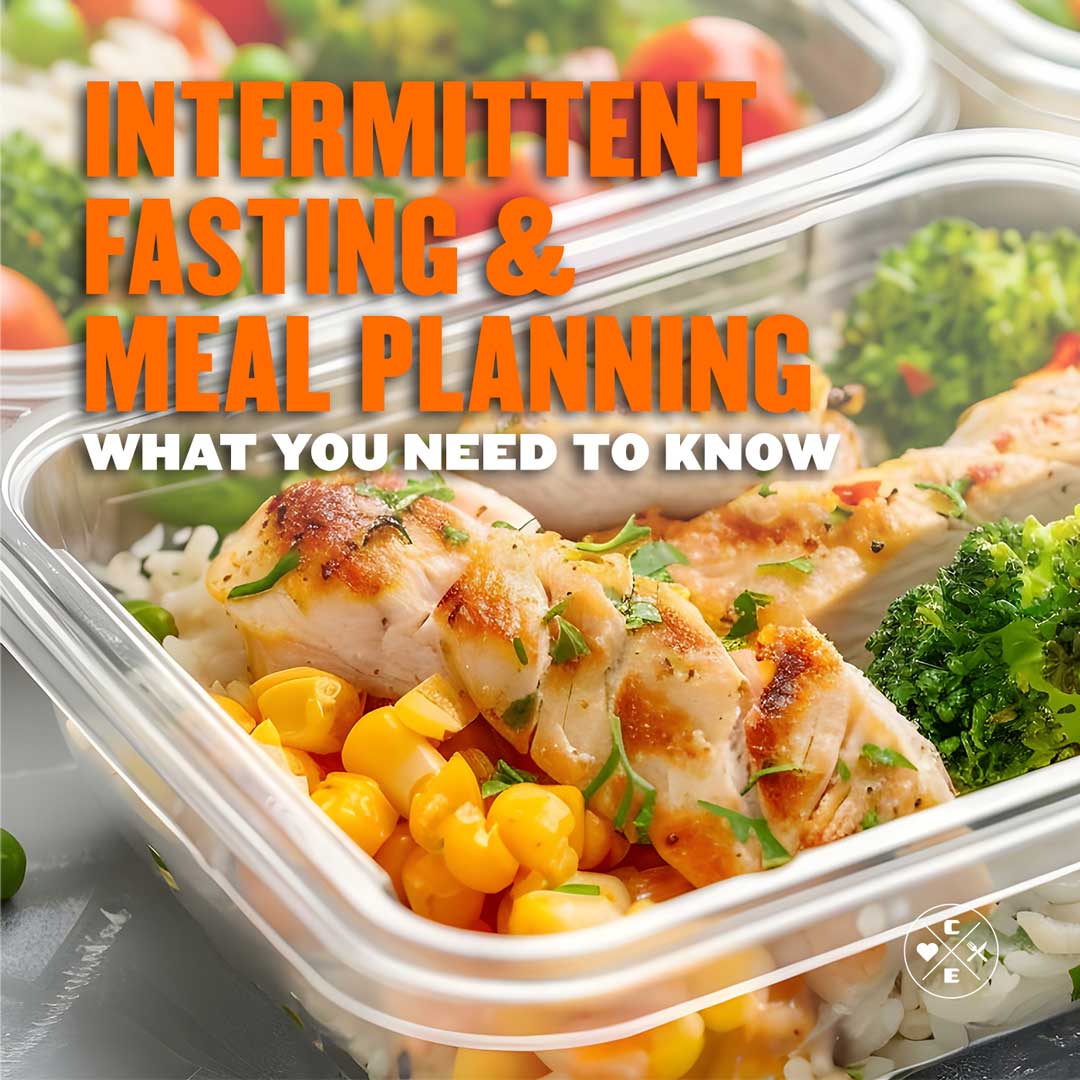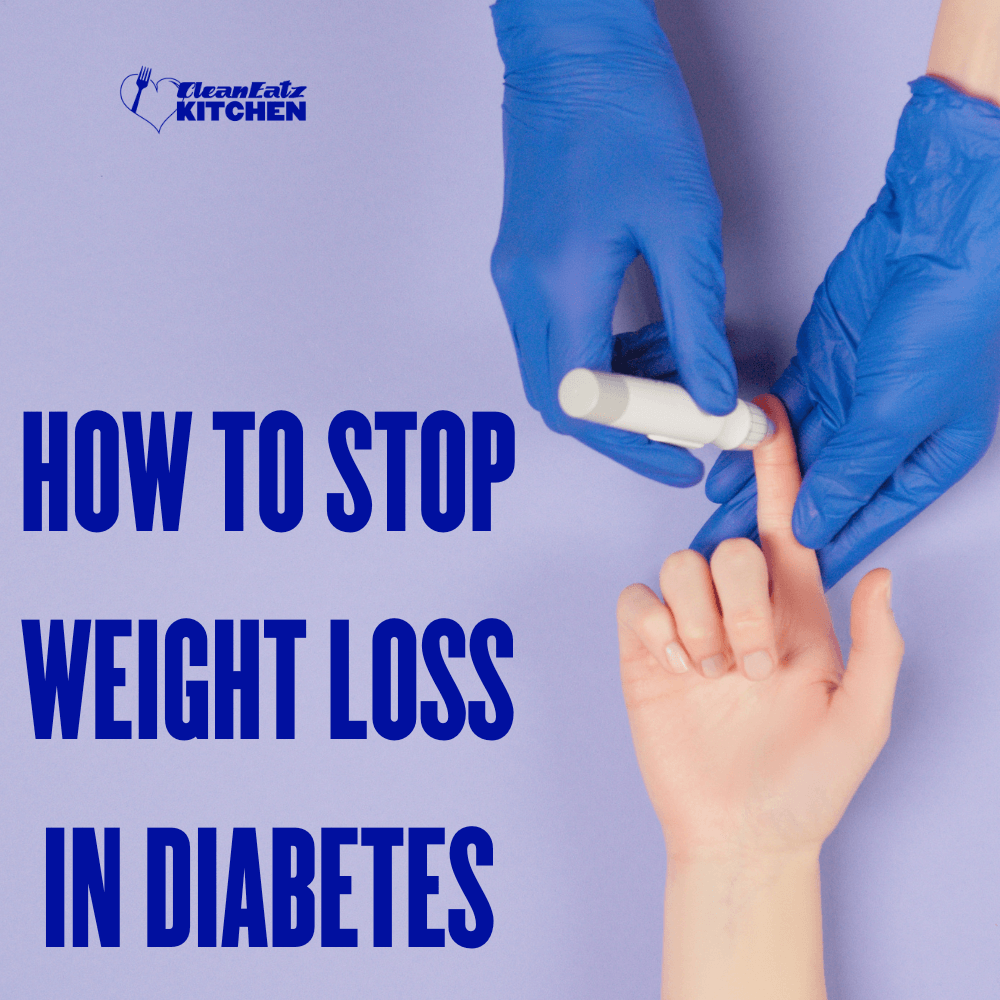
Intermittent Fasting and Keto: Should You Combine the Two?
Jason Nista
Nutrition
|
Weight Loss
|
Healthy Lifestyle
8 minute read
Intermittent fasting and keto meal delivery plans are two powerful methods of losing weight. If you're like most people trying to lose weight, you've tried various weight loss meal delivery diets and exercise programs. But you may be wondering if there's a better way. Intermittent fasting and the keto meal plan diet are two popular methods that many people find effective. So is it wise to bring these two together? First, let's look at what each of these approaches entails and whether or not they can work well together.
What Is Intermittent Fasting, and What Are Its Benefits?
Intermittent fasting is a dietary approach that revolves around alternating between periods of consumption and abstinence. Is fasting good or bad? This differs from traditional diets because they do not restrict certain foods but rather designate specific times for consuming food.
It's become trendy recently, with many touting its potential benefits. These include reduced inflammation, lower cholesterol levels, improved metabolic health (such as weight loss and reduced risk of diseases like diabetes), increased human growth hormones, efficient calorie restriction, and prolonged lifespan.
Intermittent fasting also helps regulate caloric intake by controlling hunger pangs by forcing the body to burn stored fat as fuel instead of relying solely on glucose for energy. Since it does not require drastic changes in the diet or exercise regime, intermittent fasting is relatively easy to maintain for long periods. Overall, this lifestyle holds great promise for improving physical and mental well-being!
What Is the Ketogenic Diet and What Are Its Benefits?
The keto diet is a popular high-fat, low-carbohydrate dietary plan. Through the metabolic procedure of ketosis, your body is enabled to burn fat instead of carbohydrates for energy.
Research studies have indicated that the ketogenic diet has numerous health benefits that range from improved weight loss and appetite suppression to increased cognitive function and reduced risk of chronic disease. Studies have also suggested that it may benefit those with epilepsy and other neurological conditions.
The good news is that this diet can be beneficial even if you choose not to adopt it fully; simply introducing more healthy fats into your regular diet can revolutionize your overall lifestyle!
Can You Combine Intermittent Fasting and the Keto Diet for Even More Benefits?
Intermittent fasting and the keto diet have long been popular for their health benefits, but can you combine them for even better results? Surprisingly enough, the answer is yes!
By combining intermittent fasting and the keto diet in an optimized way, you can experience improved mental clarity, heightened energy levels, lean muscle synthesis, and weight loss success.
For the best results in unifying the remarkable advantages of these two wellness methods, consulting a healthcare expert is essential. They can help you make a plan that is good for you and your lifestyle. This will help you be successful as you learn to trust yourself to make good decisions about nutrition.
How Do You Combine Intermittent Fasting and the Keto Diet Effectively?
Combining intermittent fasting and keto diet can be a powerful way to manage weight, but it requires some know-how to ensure you're doing it safely and effectively. It's important to understand that these are two different diets with different principles, yet they can create synergy and maximize efficacy when combined.
If done correctly, combining these two approaches can result in more significant weight loss than either could achieve alone. However, to kickstart your journey, adjusting and regulating your calorie consumption within the boundaries of a low-carb keto diet is essential.
From there, you can begin setting up an intermittent fasting window. To maximize fat burning while providing your body with the nutrition it needs, grant yourself one meal or snack within this window. This will help ensure that your dietary requirements are met throughout the day. With dedicated effort over time, these two diets working in tandem will allow you to reach your health goals faster than just focusing on one or the other on their own.
Intermittent fasting and keto diet may aid those trying to slim down, but research shows that their weight-loss results may need to be more balanced with a conventional low-calorie approach. Combining both diets only in short spurts is best to ensure your overall health is sustained. The ultimate guide shows how they work, their potential benefits, and how to successfully combine intermittent fasting and the keto diet.
The Risks Associated With Combining Intermittent Fasting and Keto
Despite all these potential benefits associated with combining intermittent fasting and keto, some risks should be considered before starting this combination.
Firstly, if done correctly, there is a risk that your body will need more nutrients while following this type of regimen since you will be limiting yourself from eating meals over extended periods during the day. Therefore, make sure that when you eat during these periods, you are consuming nutrient-dense foods like vegetables, nuts, and seeds so that your body gets all the vitamins and minerals it needs even during times without food intake.
Additionally, if done incorrectly, there is a risk for dehydration since both diets require increased water consumption to maintain electrolyte balance throughout the day.
Doing Intermittent Fasting and Keto Correctly
Intermittent fasting is an eating pattern that cycles between periods of fasting and eating, which has become popular in recent years for its potential benefits.
These benefits include reduced inflammation, lower cholesterol levels, improved metabolic health (such as weight loss and reduced risk of diseases like diabetes), increased human growth hormones, efficient calorie restriction, and prolonged lifespan.
The keto diet is a popular high-fat, low-carbohydrate diet plan that works by inducing a metabolic process known as “ketosis," which uses fat for energy instead of carbohydrates. There are keto meal plan delivery services that make maintaining a keto diet easy.
Research studies have indicated that the ketogenic diet has numerous health benefits that range from improved weight loss and appetite suppression to increased cognitive function and reduced risk of chronic disease.
The keto diet and intermittent fasting have long been popular for their health benefits, but combining them can result in even more impressive results like mental clarity, heightened energy levels, lean muscle synthesis, and weight loss success.
Final Thoughts
The combination of intermittent fasting and the ketogenic diet can be a highly effective approach for those seeking to improve their health and achieve various goals, such as weight loss or metabolic improvements. Both methods have their own unique benefits, and when combined intelligently, they can complement each other to optimize the body's fat-burning capabilities and overall metabolic processes. However, it is important to note that this combination may not be suitable for everyone, and individuals should consult with healthcare professionals or registered dietitians to ensure that it aligns with their specific health needs and goals. As with any dietary approach, adherence and personalization are key factors for long-term success. With careful consideration and guidance, this combination has the potential to provide numerous benefits and help individuals achieve their desired results.
FAQ
Does intermittent fasting work with keto?
Yes! This dynamic duo can enhance mental clarity, providing focus and cognitive function. Moreover, this duo can help regulate blood sugar levels, improve insulin sensitivity and even reduce the risk of chronic disease.
How do you combine intermittent fasting with keto?
Start with 14–16 hour overnight fasts once you've gotten used to the ketogenic diet, and if you want to fast longer, progressively increase your hours. You can also begin switching off between days when you adhere to a ketogenic diet and days when you incorporate intermittent fasting.
What happens if you do intermittent fasting and keto?
Both keto and intermittent fasting may promote weight loss, reduce inflammation, and enhance gut health. The result might be stronger when combined. But before starting any diet plan you should talk to your doctor.
How long does it take to start losing weight on keto and intermittent fasting?
You should generally maintain a daily caloric deficit of about 500 calories. After between 10 and 21 days, you ought to start noticing weight loss at this rate. Some people might achieve their weight loss objectives sooner, while others might need a little more time.
Why am I not losing weight on keto intermittent fasting?
Consuming too many carbohydrates is one of the main reasons people on the ketogenic diet don't lose weight. The consumption of carbohydrates must be significantly reduced in order to enter the metabolic state of ketosis, in which your body burns fat for energy instead of glucose.
Related Articles
How To Stop Weight Loss In Diabetes?
6 minute read
Is Corn Good For Weight Loss?
5 minute read



